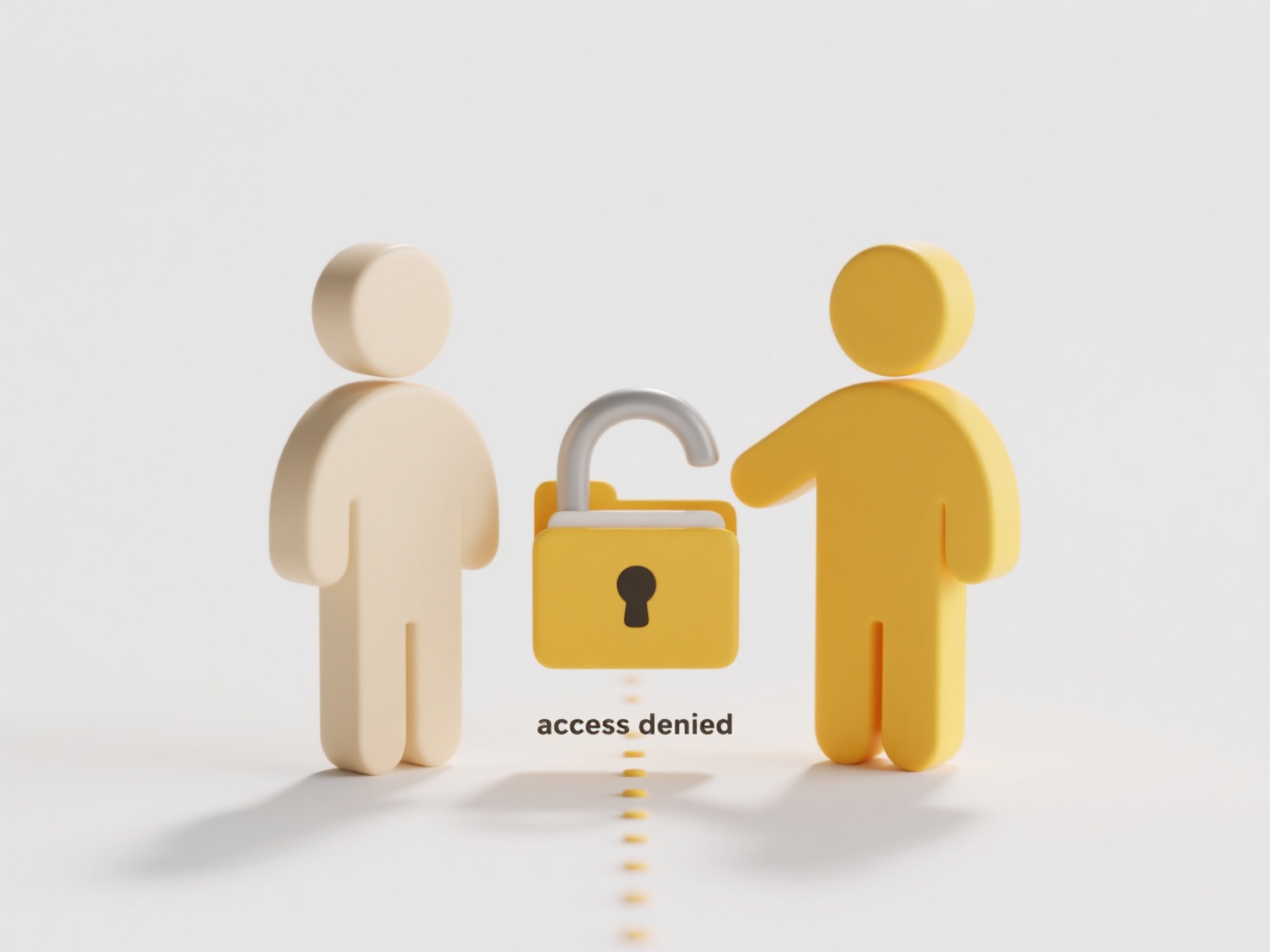
Overwriting files occurs when saving a new version under an identical name and location replaces the original file entirely, potentially causing permanent data loss if done accidentally. It differs from saving new versions or backups. To avoid this, actively implement strategies like enabling version history features within your software, using auto-save with unique names, or manually changing the filename before saving. Careful attention during the save dialog is crucial.
Specific examples include enabling 'AutoRecover' versions in Microsoft Word, which saves temporary copies without overwriting your main file until you explicitly save. Software developers frequently use version control systems (VCS) like Git; they commit changes to a repository rather than overwriting files directly, preserving history. Content creators often manually append dates (e.g., Report_v1_20240715.docx) to filenames before saving.

Preventing overwrites safeguards against accidental loss of valuable work and maintains historical records. The main limitation is user discipline – manual naming requires vigilance. Future developments increasingly integrate seamless auto-versioning into cloud storage (like document histories in Google Drive or SharePoint) and creative tools, reducing user burden. While offering immense data protection benefits, it necessitates adequate storage management for numerous versions.
How do I avoid overwriting files when saving?
Overwriting files occurs when saving a new version under an identical name and location replaces the original file entirely, potentially causing permanent data loss if done accidentally. It differs from saving new versions or backups. To avoid this, actively implement strategies like enabling version history features within your software, using auto-save with unique names, or manually changing the filename before saving. Careful attention during the save dialog is crucial.
Specific examples include enabling 'AutoRecover' versions in Microsoft Word, which saves temporary copies without overwriting your main file until you explicitly save. Software developers frequently use version control systems (VCS) like Git; they commit changes to a repository rather than overwriting files directly, preserving history. Content creators often manually append dates (e.g., Report_v1_20240715.docx) to filenames before saving.

Preventing overwrites safeguards against accidental loss of valuable work and maintains historical records. The main limitation is user discipline – manual naming requires vigilance. Future developments increasingly integrate seamless auto-versioning into cloud storage (like document histories in Google Drive or SharePoint) and creative tools, reducing user burden. While offering immense data protection benefits, it necessitates adequate storage management for numerous versions.
Related Recommendations
Quick Article Links
How do I search files in a ZIP without extracting?
To search files within a ZIP archive without extracting it, you inspect the archive's metadata directly. ZIP files conta...
How do I transfer ownership of a file?
Transferring ownership of a file means changing the primary individual or account designated as having full control over...
Can I recover an earlier version of a cloud file?
Recovering an earlier version of a cloud file means accessing and restoring a previous state of that document or file st...